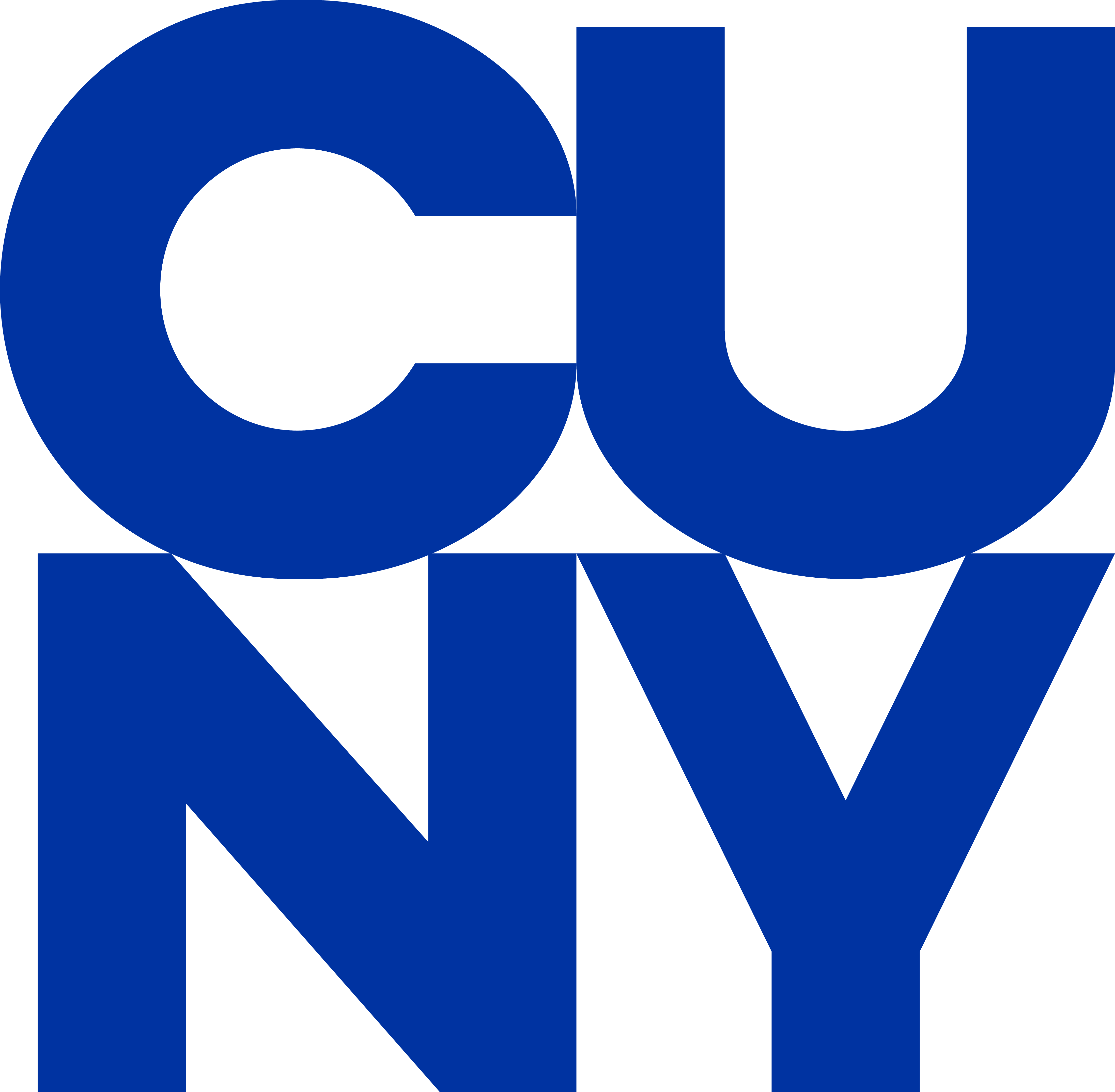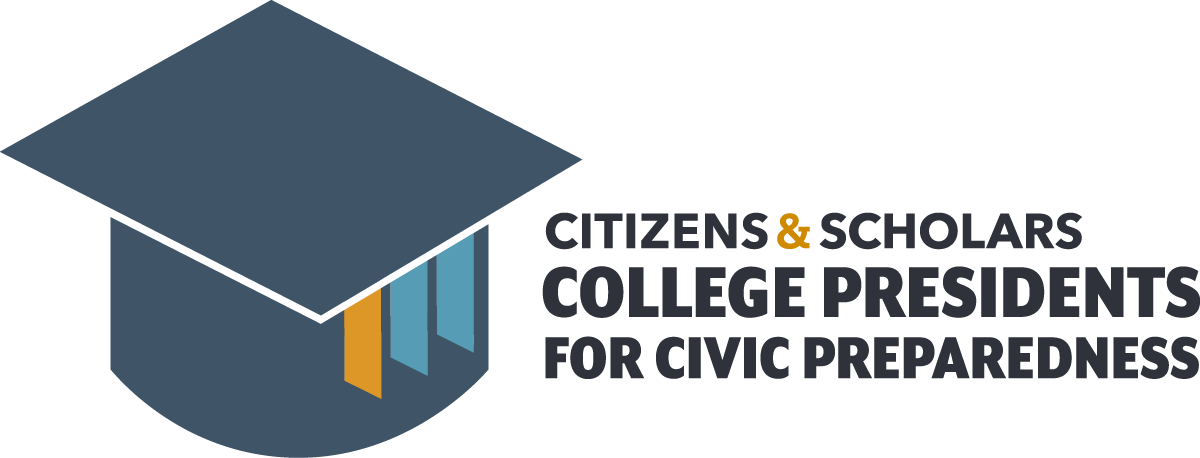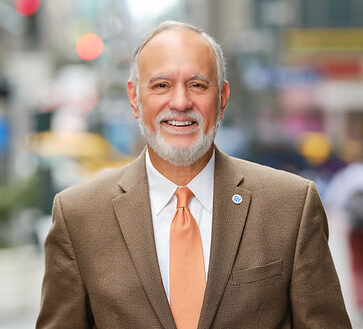Our University will continue to foster civil engagement, tolerance of opposing points of view and open discussion that aims to increase understanding between members of our community who have deeply held but conflicting positions on polarizing issues.
- Felix Matos Rodríguez
Activation Plan

Below is an overview of some campus activities:
- In partnership with the Constructive Dialogue Institute (CDI), CUNY is implementing a university-wide initiative to foster a culture of open, respectful exchange across its 26 campuses. The initiative includes leadership development for campus presidents and cabinets, a certification program for student-facing staff, and dialogue facilitation workshops for faculty and student leaders. It also integrates CDI’s “Perspectives” online learning program to equip the entire CUNY community with skills to engage constructively across differences. These efforts aim to embed dialogue into institutional structures, classroom experiences, and student life — strengthening CUNY’s ability to navigate ideological differences, combat hate, and promote belonging.
- CUNY’s Centers and Institutes Advancing Civic Engagement serve as hubs of thought leadership and community connection. These academic homes foster civic development through research, leadership training, and public programming. Notable examples include the Roosevelt House Public Policy Institute at Hunter College (training future public servants), the Colin Powell School at City College (focused on civic leadership and policy reform), and the CUNY Institute for State and Local Governance (producing evidence-based research to shape fair public policy). Collectively, these centers provide students with opportunities to engage in policy analysis, community-based research, and advocacy work that directly impacts New York City and beyond.
- CUNY connects students to hands-on civic experiences that prepare them for careers in public service, advocacy, policy, and nonprofit leadership. Through programs like NYC Civic Corps, government fellowships at the city, state, and federal levels, and placements with community-based organizations and NGOs, students gain real-world experience in civic institutions. These internships not only build professional skills but also deepen students’ understanding of democratic processes, equity work, and community empowerment — laying the foundation for lifelong civic leadership.
- CUNY Votes Initiative is a comprehensive, non-partisan initiative designed to promote student voter registration, participation, and awareness. Through campus-based activities, external partnerships, and university-wide campaigns, CUNY empowers students to claim their seat at democracy’s table. Every campus has a designated Voter Registration Coordinator, and students can register to vote directly through CUNYfirst. The initiative also supports poll worker recruitment, voter education events, and access to absentee ballots — ensuring that civic participation is accessible, informed, and impactful.

Felix Matos Rodríguez
Chancellor, CUNY, City University of New York

Below is an overview of some campus activities:
- In partnership with the Constructive Dialogue Institute (CDI), CUNY is implementing a university-wide initiative to foster a culture of open, respectful exchange across its 26 campuses. The initiative includes leadership development for campus presidents and cabinets, a certification program for student-facing staff, and dialogue facilitation workshops for faculty and student leaders. It also integrates CDI’s “Perspectives” online learning program to equip the entire CUNY community with skills to engage constructively across differences. These efforts aim to embed dialogue into institutional structures, classroom experiences, and student life — strengthening CUNY’s ability to navigate ideological differences, combat hate, and promote belonging.
- CUNY’s Centers and Institutes Advancing Civic Engagement serve as hubs of thought leadership and community connection. These academic homes foster civic development through research, leadership training, and public programming. Notable examples include the Roosevelt House Public Policy Institute at Hunter College (training future public servants), the Colin Powell School at City College (focused on civic leadership and policy reform), and the CUNY Institute for State and Local Governance (producing evidence-based research to shape fair public policy). Collectively, these centers provide students with opportunities to engage in policy analysis, community-based research, and advocacy work that directly impacts New York City and beyond.
- CUNY connects students to hands-on civic experiences that prepare them for careers in public service, advocacy, policy, and nonprofit leadership. Through programs like NYC Civic Corps, government fellowships at the city, state, and federal levels, and placements with community-based organizations and NGOs, students gain real-world experience in civic institutions. These internships not only build professional skills but also deepen students’ understanding of democratic processes, equity work, and community empowerment — laying the foundation for lifelong civic leadership.
- CUNY Votes Initiative is a comprehensive, non-partisan initiative designed to promote student voter registration, participation, and awareness. Through campus-based activities, external partnerships, and university-wide campaigns, CUNY empowers students to claim their seat at democracy’s table. Every campus has a designated Voter Registration Coordinator, and students can register to vote directly through CUNYfirst. The initiative also supports poll worker recruitment, voter education events, and access to absentee ballots — ensuring that civic participation is accessible, informed, and impactful.
Our University will continue to foster civil engagement, tolerance of opposing points of view and open discussion that aims to increase understanding between members of our community who have deeply held but conflicting positions on polarizing issues.
- Felix Matos Rodríguez
